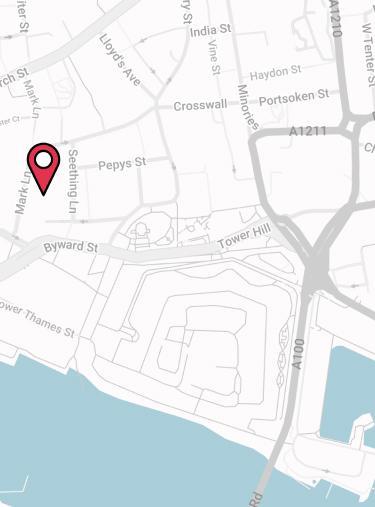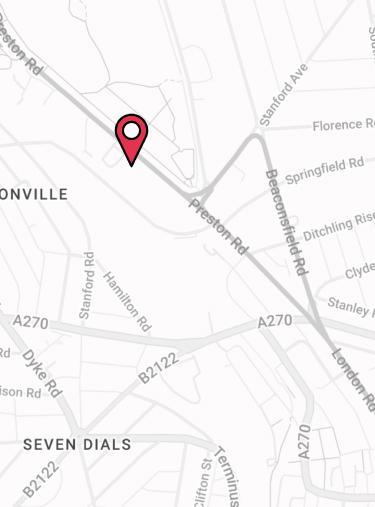How Does HMRC Treat Relevant Life Insurance?
I’m a Company Director needing Life Insurance. I spoke to an old colleague, and they suggested Relevant Life Insurance paid for by my limited company.
I was just wondering how HMRC taxes Relevant Life Insurance as I don’t want to set up a policy that creates tax issues.
When you buy Relevant Life Insurance through your limited company, your business owns the policy and pays the premiums. Although owned by your company, the policy provides life cover on an individual basis for yourself.
Since you’re paying for the policy with company funds, it’s similar to (and replicates) Death In Service schemes. However, rather than covering a group of employees, it protects you as an individual.
How HMRC Taxes Relevant Life Insurance?
The good news is that Relevant Life Insurance actually offers tax advantages, so you needn’t worry about creating additional tax by getting a policy.
Relevant Life cover is not treated as a P11D / Benefit In Kind, so you won’t pay any additional Income Tax or National Insurance on the benefit.
The premiums paid by your limited company receive tax relief, as they are classed as an allowable business expense. You’ll receive a lower corporate tax bill as a result.
How Is The Relevant Life Insurance Payout Taxed?
The benefit is paid tax free. Your policy is typically set up using a discretionary trust, so it doesn’t form a part of your estate. This means that if you pass away, the policy payout isn’t subject to inheritance tax. Your loved ones can therefore get access to it faster, without having to go through probate.
Writing the policy into a trust keeps it separate from your business and your estate. Doing this means there are no tax implications if you pass away because the money doesn’t go back into your company.
The payout received is free from Income Tax, National Insurance, and Capital Gains Tax.
Relevant Life Insurance Savings Example
As your policy is paid for via your limited company, the taxation differs from a personal Life Insurance policy. Below is a table of the tax savings an individual can make with Relevant Life cover.
Example Relevant Life Savings
|
Personal Life Cover
|
Relevant Life Cover
|
|
|---|---|---|
|
Cost to Individual
|
||
|
Monthly Premium
|
£100.00
|
£0.00
|
|
Employee NI Contribution
|
£11.11
|
£0.00
|
|
Income Tax
|
£27.78
|
£0.00
|
|
Cost to Business
|
||
|
Premium
|
£0.00
|
£100.00
|
|
Employer NI Contributions
|
£19.17
|
£0.00
|
|
Gross Cost
|
£158.05
|
£100.000
|
|
Corporation Tax
|
-£39.51
|
-£25.00
|
|
Total Cost
|
£118.54
|
£75.00
|
|
Total Savings
|
37%* |
|
*By paying for Relevant Life cover through your company, you can save 37% on your corporation tax bill. Savings calculated using Royal London’s Relevant Life Calculator.
IMPORTANT NOTICE! 🧐
To qualify for tax relief, the Relevant Life policy must be wholly and exclusively for the benefit of the business (with the purpose of providing cover for the employee) and not seen to be solely to avoid tax. Check with your accountant and your local inspectorate of taxes on this.
Frequently Asked Questions
Can I Get Joint Business Loan Insurance?
Will Death in Service Insurance Affect My Employees' Personal Life Cover?
Is Shareholder Protection a Benefit in Kind?
What's the Difference Between Group Life and Individual Life Insurance?
What Are The Minimum Employer And Employee Contribution Requirements For A Workplace Pension In 2024/25?
Contact Us
125-135 Preston Road
Brighton
BN1 6AF
Cookies
Drewberry™ uses cookies to offer you the best experience online. By continuing to use our website you agree to the use of cookies including for ad personalization.
If you would like to know more about cookies and how to manage them please view our privacy & cookie policy.



